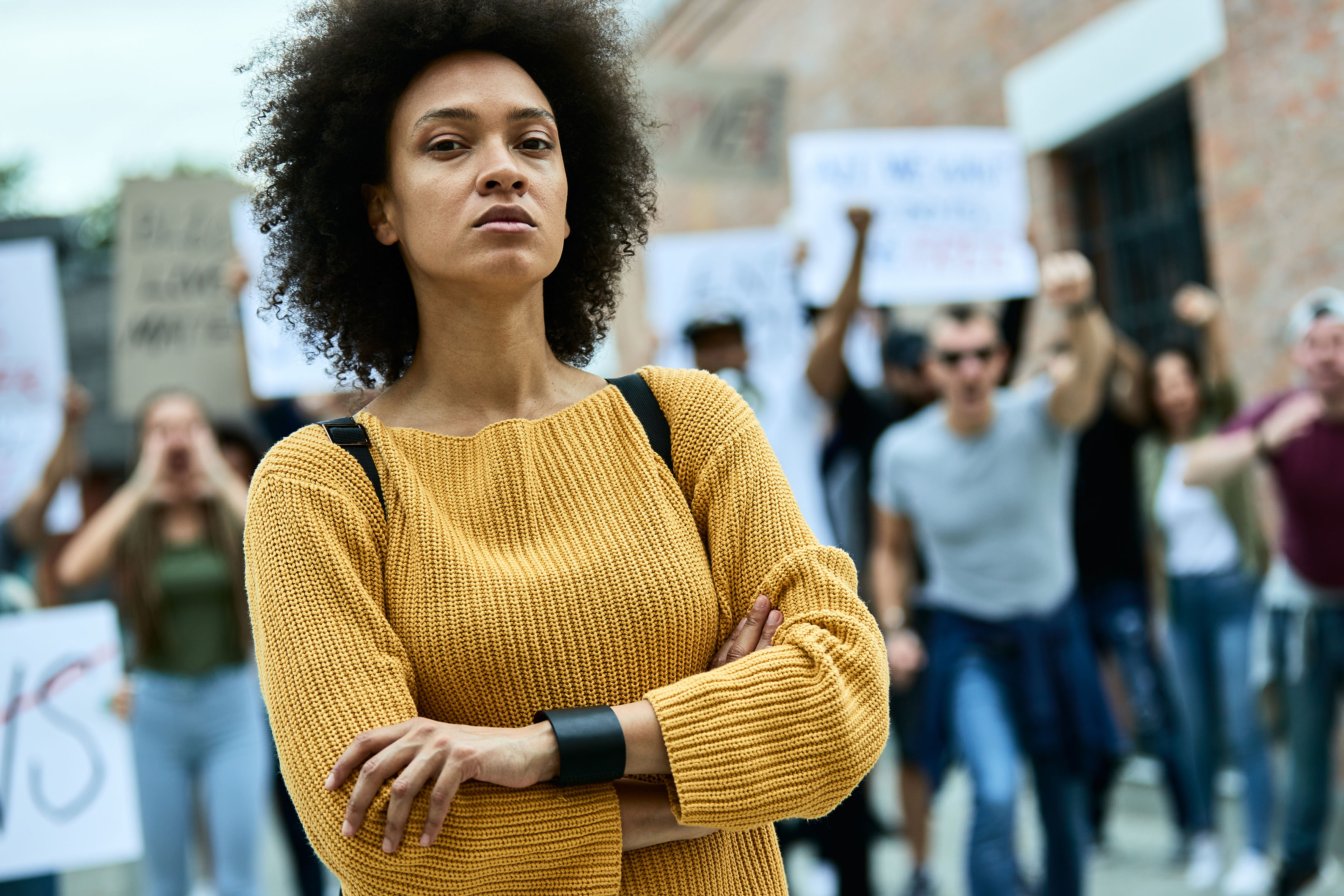- 14 3402-5578
- Rua Hygino Muzy Filho, 737, MARÍLIA - SP
- contato@latinoobservatory.org
 Imagem de Drazen Zigic no Freepik
Imagem de Drazen Zigic no Freepik
The text published by “The San Diego UnionTribune” was written by Luis López Reséndiz, director of the Center for Indigenous Languages and Power. He was born in Tijuana and now lives in Los Angeles.
I grew up in what is known in the Chicano movement as The Borderlands, this border space where many worlds meet, and in my world, I am Mixteco [A member of an indigenous people of southern Mexico known for their skill in pottery and metallurgy].
I was born in the Colonia Obrera in Tijuana, Mexico, and at the same time I belong to the community of San Jerónimo Progreso, in Silacayapám, Oaxaca.
At the age of 12, I migrated with my family to San Diego. At the age of 19, I got involved with an Indigenous organization to denounce the violence we experience simply because of being Indigenous.
My grandmother was an entrepreneur who didn’t need to speak Spanish well to sell arts and crafts in the Santa Cecilia Plaza in Tijuana. To my eyes, she was always a warrior who fought for her rights, but in the eyes of most Mexicans she was the opposite.
At home, grown-ups always talked to the younger ones about how dangerous the world is when we openly present ourselves as Mixtecs or as Indigenous, because society tends to react in a negative way, with verbal or physical violence.
But our voice has become our shield to defend ourselves, to talk about how that racism migrates along with the Latino community and how it intensifies in the United States, because the struggle is not to disappear and not to be erased by the Latino identity.
Addressing the issue of racism in the Latino community is complex. It is a topic that our community avoids talking about because it implies recognizing certain practices that today are no longer part of the collective vision to build a better society.
So this issue is ignored, and by ignoring it, it only makes racism grow from its root.
In the United States, we are living in an important moment. Many traditionally White spaces have been transformed. What is known as “the Latino community” is gaining spaces in politics and leadership in organizations. The Latino community has gone from being a minority to a majority with a lot of visibility.
For instance, I am writing from Los Angeles, a city with the largest communities of immigrants from Mexico, El Salvador and Guatemala, among other countries of the Western Hemisphere. In this city, many share the desire for change. However, this city also started the conversation around the racism that can be institutionalized when power is in the hands of Latino men and women.
In recent weeks, Indigenous immigrants have been building community bridges with Black people in Los Angeles to denounce racism among Latinos.
This is after someone leaked audio of an October 2021 conversation between Nury Martinez, Kevin de León and Gil Cedillo — three then-members of the Los Angeles City Council — and Ron Herrera — the then-president of the Los Angeles County Federation of Labor. In the audio, they comfortably spoke in homophobic, racist and classist ways about Black people and Indigenous migrants in the city, especially the Oaxacan community.
The people involved in this conversation were leaders of the Latino community and had a lot of political power.
They were the face of the progressive Latino movement in Southern California, and, unfortunately, in the quietness of that conversation, we can analyze how complicated this issue is.
The comments Martinez made about a Black kid, saying “parece changuito” — like a little monkey — destroyed everything that was built up for a long time. For the immigrant community, their comments about Oaxacans, calling them “little short, dark people” and saying, “I’m glad they’re wearing shoes” — this last racist remark made reference to a popular discriminatory phrase used in Mexico, reinforcing the idea that Indigenous people came down to the cities from the hills in their underwear, barefoot and playing drums. By saying that now we wear shoes, they insinuate that we are seen as tame, Indigenous people, and not so savage.
We are neither Latinx nor Hispanics. We are Mixtecs and our political identity is Indigenous. Acknowledging this difference is important because we, the Indigenous people, migrated to this country with our own traditions and habits, with our own languages and our own way of understanding the world. We do not want to be seen as people who suffer, because after more than 500 years of violence and dispossession, we are survivors and we are also migrants.
In the society we want to create, there is no room for racism. There is no room for anti-Black, nor anti-Indigenous practices. We want a future for all, one that is not paternalistic and does not repress the autonomy of the people, but rather helps have better days, where we can have a society with a great diversity of cultures and languages.











